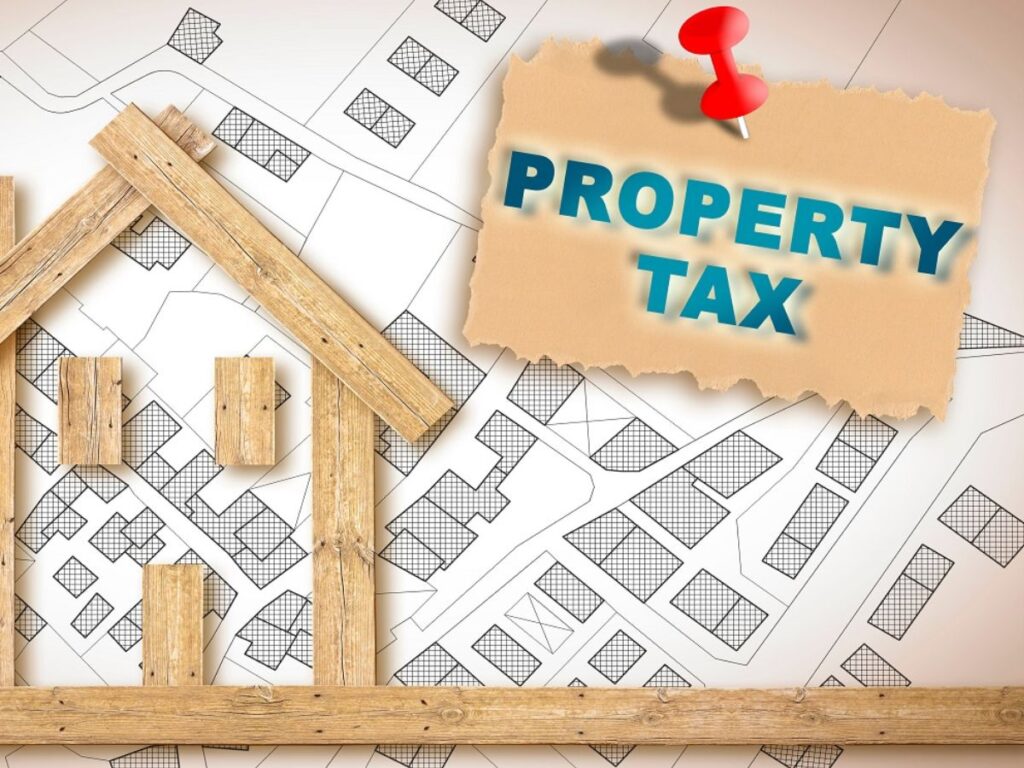
Property Tax Rates in the United States: A Comprehensive Guide
Property taxes in the United States can be complicated, with rules and charges coming from federal, state and local governments. Knowing how tax rates, deductions and regulations work is important whether you’re an investor, homeowner, or non-resident.
Here’s a guide to property taxes, rental income taxes and other costs you might face.
Federal Taxation on Rental Income
General Overview
Non-resident aliens in the U.S. face a flat 30% tax on their total rental income, which is deducted before they receive it. However, they can report rental income after subtracting expenses, which are then taxed based on progressive rates.
For 2024, federal tax rates range from 10% to 37%, depending on their total income and filing status.
Filing Categories
- Single
- Married Filing Jointly
- Married Filing Separately
- Head of Household (not available to unmarried non-residents).
Non-residents are generally ineligible for the standard deduction and can only claim limited exemptions.
State Taxation on Rental Income
State income taxes on rental income are progressive, varying significantly based on the state:
- States like Alaska, Florida, Texas, Nevada, South Dakota, Washington and Wyoming impose no personal income tax.
- Other states, such as New York and California, levy high-income tax rates, often surpassing 10% for upper-income brackets.
Example: New York
In New York, non-residents pay state income tax on New York-sourced rental income. The tax is progressive with allowances similar to those for residents.

Capital Gains Taxation
Federal Level
Non-residents pay a 30% withholding tax on net capital gains if they are present in the U.S. for 183 days or more in the taxable year.
State Level
Capital gains taxes are integrated into state income tax systems. States with no personal income tax, like Texas and Florida, also do not impose capital gains taxes.
Property Taxes
Local Real Estate Taxes
Municipalities and counties levy real estate property taxes. The rates and methods for assessment differ across jurisdictions.
New York City Example
Properties are divided into four classes:
- Class I: Residential properties (1-3 units).
- Class II: Large residential properties (e.g., condos, co-ops).
- Class III: Utility company properties.
- Class IV: Commercial and industrial properties.
The tax is based on an assessment ratio applied to the market value:
- Class I: Assessed at 6%.
- Classes II-IV: Assessed at 45%.
For 2023-2024, Class I properties are taxed at 20.385%, while Class IV properties face a 10.514% rate.
Tax Implications for Property Transactions
Transfer Taxes
Transfer taxes range between 0.05% and 3.00% when buying or selling property, varying by state and local jurisdiction.
Other Costs
Agent Fees: 3-6% (usually borne by the seller).
Legal Fees: 0.5-1% of the transaction value.
Roundtrip Transaction Costs: 3.65%-10.10%, encompassing all charges.
Corporate Taxation
Companies investing in U.S. real estate pay federal corporate income taxes between 22% and 33%, depending on their structure and earnings.
Tax Optimization Strategies
- Cost Segregation Studies -Property owners can accelerate depreciation on certain building components, reducing taxable income in the short term.
- 1031 Exchanges – This allows investors to defer capital gains taxes by reinvesting proceeds into similar properties.
- Opportunity Zones -Investing in designated zones provides substantial tax deferrals and exemptions on future gains.
- Energy Credits – Upgrading properties with renewable energy systems, like solar panels, offers tax credits that reduce liabilities.
Conclusion
Property taxes in the U.S. can be complex, but knowing the basics helps you make smarter financial decisions. Federal, state and local tax rules require careful planning, especially for property owners and investors.
Strategies like cost segregation, 1031 exchanges and energy credits can reduce taxes and increase savings. Consulting a tax expert ensures compliance and helps you discover ways to save more on your taxes.



